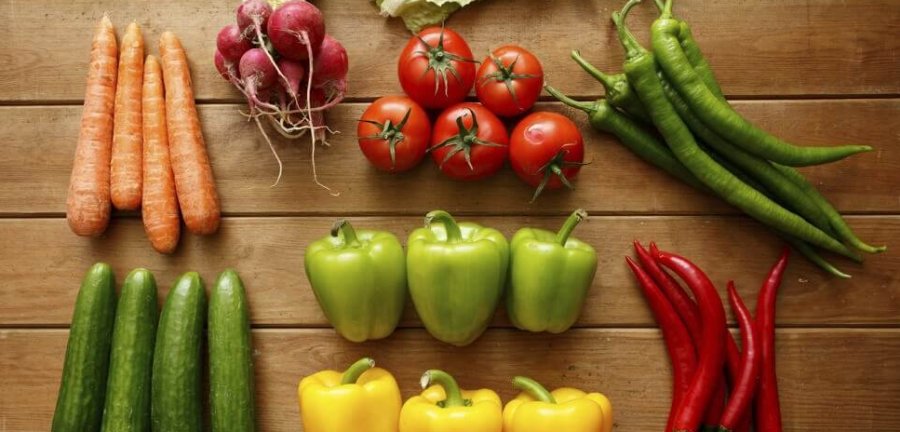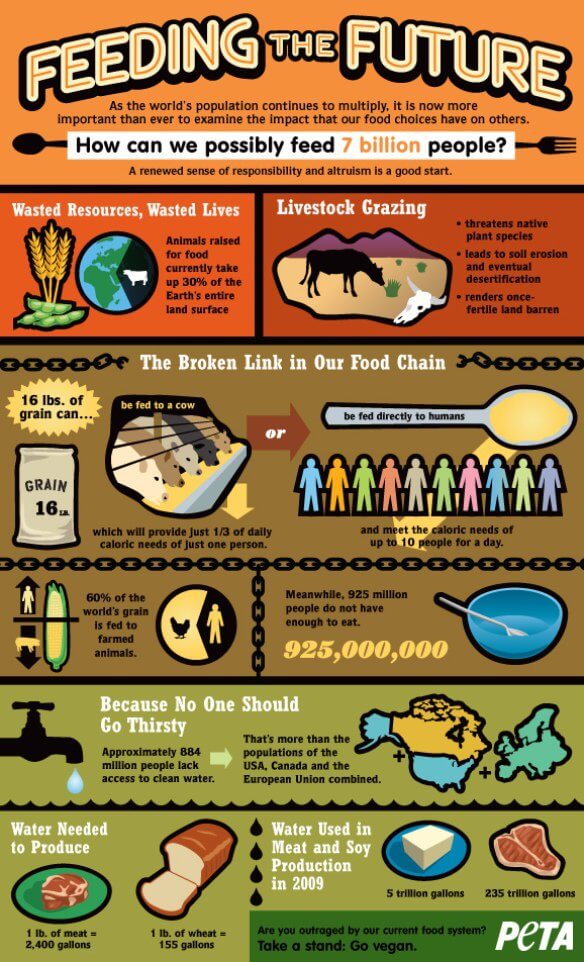We all know people who—despite their other fine qualities and good works—just “don’t get it” when it comes to animals. Supporting humanitarian efforts is noble and worthwhile, but we should all help animals as well, simply by not eating them.
Raising and killing animals for food doesn’t improve the human condition. It actually harms it, as animal-based foods are known to increase the rate of heart disease, diabetes, cancer, and other life-threating illnesses. And raising animals for food contributes to climate change, deforestation, air and water pollution, and other environmental problems. Animal agriculture wastes water, land, fossil fuels, and other valuable resources as well.
While well-intentioned aid organizations, such as CARE and Oxfam, try to relieve human suffering, they don’t seem to be looking for a truly sustainable strategy, one that benefits everyone. How does giving farmed animals to poor people, as Heifer International does, help, when animals require veterinary care, shelter, food, and water? Animals have to compete with impoverished humans for grain, water, and other resources.
It’s more economical and efficient for humans to eat the grains and drink the water that the animals consume. And many people in predominately vegetarian countries, such as India, prefer to get their nourishment from fruits, vegetables, and other plant foods.
If you want to help them, why not support Vegfam, Food for Life Global, and other charities that provide the hungry with vegan food? These organizations have a larger and clearer sense of the dimensions of disaster that threaten the Earth and all its inhabitants. By providing seeds, fruit trees, other plants, and irrigation projects, they can help improve living conditions for people on several continents who are trying desperately to survive.
I hope you’ll continue to support PETA in its great work, of course—but when you want to make a contribution to help impoverished and suffering humans, please pick only charities that are also working to end the exploitation of the environment and the other sentient beings we share the planet with. And tell your friends who “don’t get it” about those charities. It’s a good way to spread compassion. Who knows? Some of them might “get it” and become members of PETA.
Written by guest blogger and PETA member Frank Cullen






